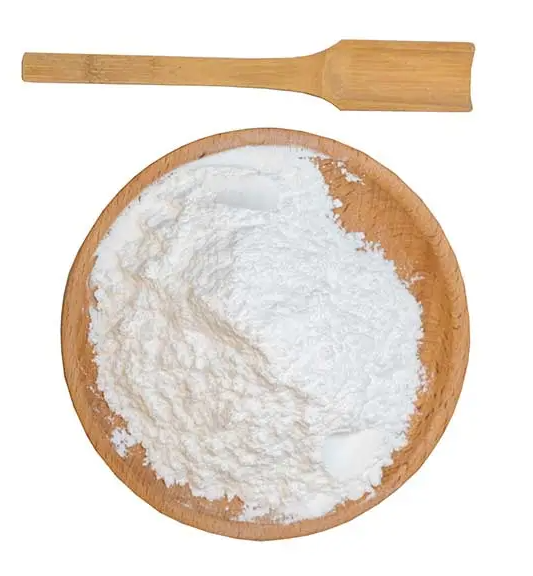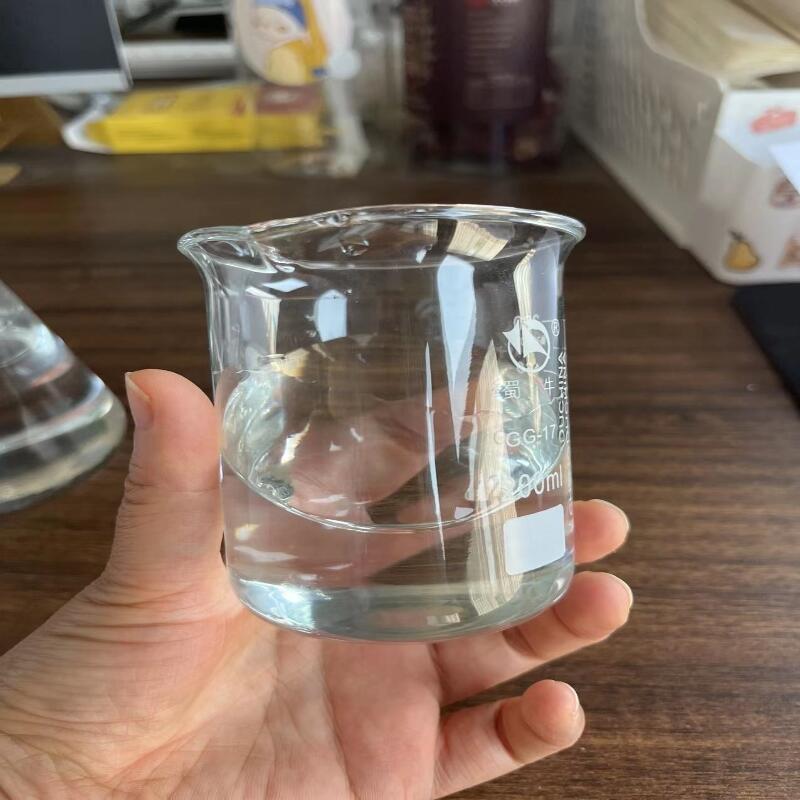Philippine researchers plan to use natural plant extracts to develop fungicides
-
Last Update: 2018-01-25
-
Source: Internet
-
Author: User
Search more information of high quality chemicals, good prices and reliable suppliers, visit
www.echemi.com
Dost-pcaarrd, the Ministry of science and technology of the Philippines, has recently approved a new research project, which uses the extracts of Tasmania piperita (hook F.) Miers, an Australian Linden, to make fungicides for the control of black spot of lettuce and Phytophthora of tomato The project is led by Dr Victor B Amoroso, Central University, Mindanao, bukinon Province, Philippines Dost-pcaarrd recently held a kick-off meeting for the project and inspected the field monitoring Dr Victor Amoroso, the project leader, explained the field inspection project of natural fungicide (photo source: fulgent P cortico, Central University of Mindanao) in the project kick-off meeting The source of the natural fungicide component, t piperita, is a dicotyledonous plant, growing in the ridge or high altitude bryophyte forest According to Dr Amoroso, the natural fungicide extracted from plant leaves is cheap and environmentally friendly and can be obtained locally This conclusion is based on a large number of studies on plant extracts However, if excessive exploitation of the plant for mass production of fungicides will cause the plant to be extinct in nature, so artificial breeding is needed In addition to the field test of the natural fungicide, the project will also use seeds, wild plant resources and tissue culture to cultivate a large number of plants EDC, an energy development company in kidapawan, Philippines, will assist in the promotion of this resource by providing cooperative farmers with seedlings for breeding, and in the future, farmers will be able to sell plants to fungicide producers The team hopes to expand the production of fungicides and provide employment opportunities for local residents by training farmers to breed the plant.
This article is an English version of an article which is originally in the Chinese language on echemi.com and is provided for information purposes only.
This website makes no representation or warranty of any kind, either expressed or implied, as to the accuracy, completeness ownership or reliability of
the article or any translations thereof. If you have any concerns or complaints relating to the article, please send an email, providing a detailed
description of the concern or complaint, to
service@echemi.com. A staff member will contact you within 5 working days. Once verified, infringing content
will be removed immediately.






